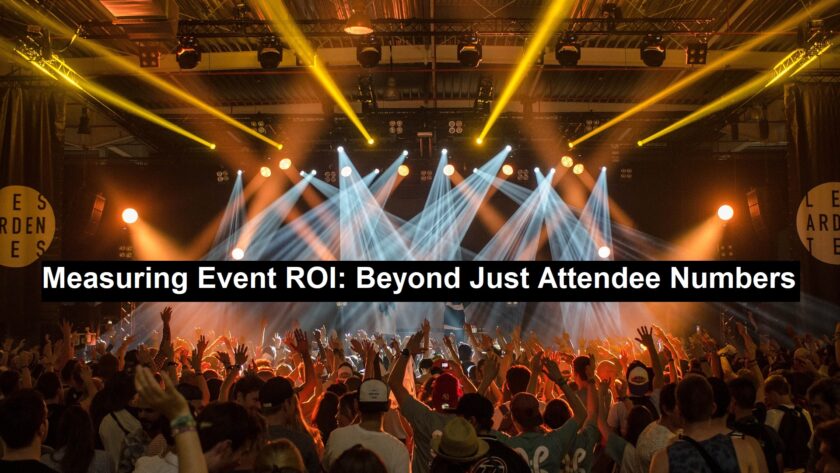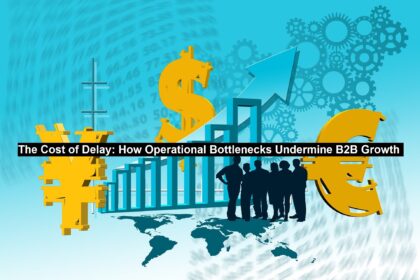Successful events require more than a high attendance rate. Today’s competitive market calls for a thorough understanding of engagement, financial performance, and long-term effects to determine whether an event delivers the expected ROI. Below is a comprehensive guide to evaluating your event’s success.
Your event’s success starts with effective preparation. Tracking pre-event metrics like social media impressions, email open rates, and click-through rates reveals how well your marketing efforts are reaching your audience. Analyzing registration data — including the number of registrants and their demographics — helps tailor the event to meet attendee preferences.
During the event, it’s crucial to assess real-time engagement. Monitor how attendees are interacting with your sessions, Q&A, social media, and polls via an event platform to determine their level of involvement. Additionally, measuring content consumption — whether through downloads or video views — gives insight into which topics or materials are most engaging.
After the event, a more detailed analysis is essential. Surveys and Net Promoter Scores® (NPS) are valuable for gauging attendee satisfaction and pinpointing areas for improvement. Additionally, post-event engagement metrics — such as views of on-demand content or continued social media activity — provide insight into the event’s lasting impact.
Read: How Electrical Engineering Is Shaping the Future of Medical Imaging
Financial metrics are also vital. Evaluating the revenue generated from ticket sales and sponsorships against the cost of the event gives you a clear understanding of the financial ROI. Keeping track of expenses and cost per attendee ensures that your event remains profitable without compromising quality.
Networking outcomes can further highlight your event’s impact. By tracking the number of meetings with prospects and customers, as well as post-event follow-up actions, you can evaluate how well the event facilitated relationship-building and potential business opportunities.
Brand visibility and recognition are also important factors. Metrics like media coverage, new followers on social media, and positive attendee testimonials help measure the event’s role in increasing your brand’s exposure and credibility.
Finally, long-term benefits should be evaluated. Metrics like qualified leads, conversion rates, repeat attendance, and improvements in customer lifetime value give a comprehensive picture of the event’s broader contribution to your company’s success.
Measuring-Event-ROITo manage all these metrics effectively, event marketers should take advantage of event technology platforms that can track and analyze data efficiently. By consistently reviewing these metrics and presenting them to stakeholders, you’ll be able to demonstrate the value of your events and plan for future success.




